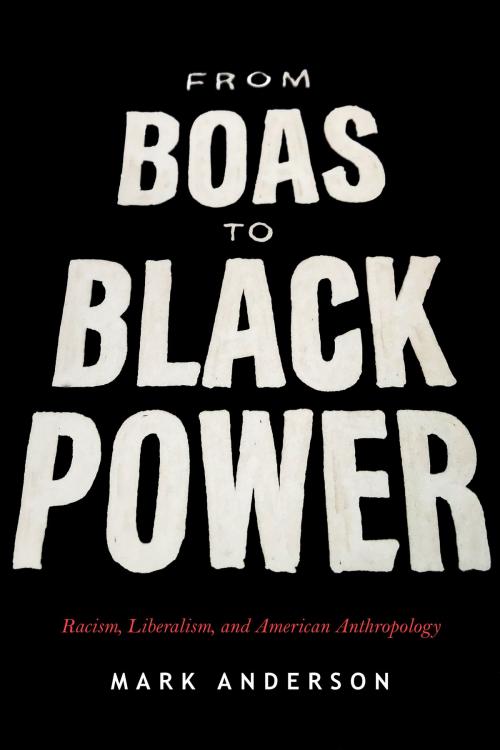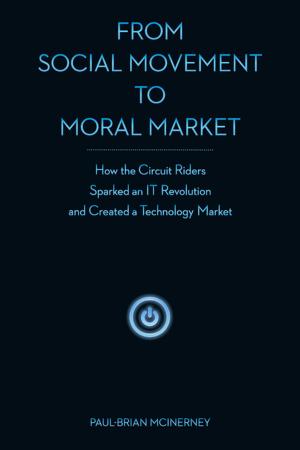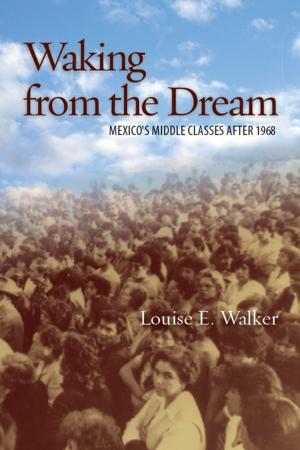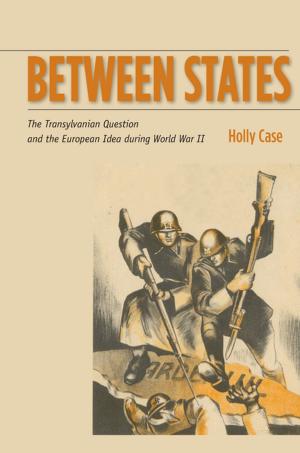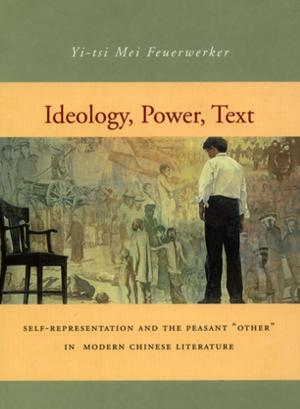From Boas to Black Power
Racism, Liberalism, and American Anthropology
Nonfiction, Social & Cultural Studies, Social Science, Anthropology| Author: | Mark Anderson | ISBN: | 9781503607880 |
| Publisher: | Stanford University Press | Publication: | May 7, 2019 |
| Imprint: | Stanford University Press | Language: | English |
| Author: | Mark Anderson |
| ISBN: | 9781503607880 |
| Publisher: | Stanford University Press |
| Publication: | May 7, 2019 |
| Imprint: | Stanford University Press |
| Language: | English |
From Boas to Black Power investigates how U.S. cultural anthropologists wrote about race, racism, and "America" in the 20th century as a window into the greater project of U.S. anti-racist liberalism. Anthropology as a discipline and the American project share a common origin: their very foundations are built upon white supremacy, and both are still reckoning with their racist legacies. In this groundbreaking intellectual history of anti-racism within twentieth-century cultural anthropology, Mark Anderson starts with the legacy of Franz Boas and Ruth Benedict and continues through the post-war and Black Power movement to the birth of the Black Studies discipline, exploring the problem "America" represents for liberal anti-racism.
Anderson shows how cultural anthropology contributed to liberal American discourses on race that simultaneously bolstered and denied white domination. From Boas to Black Power provides a major rethinking of anthropological anti-racism as a project that, in step with the American racial liberalism it helped create, paradoxically maintained white American hegemony. Anthropologists influenced by radical political movements of the 1960s offered the first sustained challenge to that project, calling attention to the racial contradictions of American liberalism reflected in anthropology. Their critiques remain relevant for the discipline and the nation.
From Boas to Black Power investigates how U.S. cultural anthropologists wrote about race, racism, and "America" in the 20th century as a window into the greater project of U.S. anti-racist liberalism. Anthropology as a discipline and the American project share a common origin: their very foundations are built upon white supremacy, and both are still reckoning with their racist legacies. In this groundbreaking intellectual history of anti-racism within twentieth-century cultural anthropology, Mark Anderson starts with the legacy of Franz Boas and Ruth Benedict and continues through the post-war and Black Power movement to the birth of the Black Studies discipline, exploring the problem "America" represents for liberal anti-racism.
Anderson shows how cultural anthropology contributed to liberal American discourses on race that simultaneously bolstered and denied white domination. From Boas to Black Power provides a major rethinking of anthropological anti-racism as a project that, in step with the American racial liberalism it helped create, paradoxically maintained white American hegemony. Anthropologists influenced by radical political movements of the 1960s offered the first sustained challenge to that project, calling attention to the racial contradictions of American liberalism reflected in anthropology. Their critiques remain relevant for the discipline and the nation.
